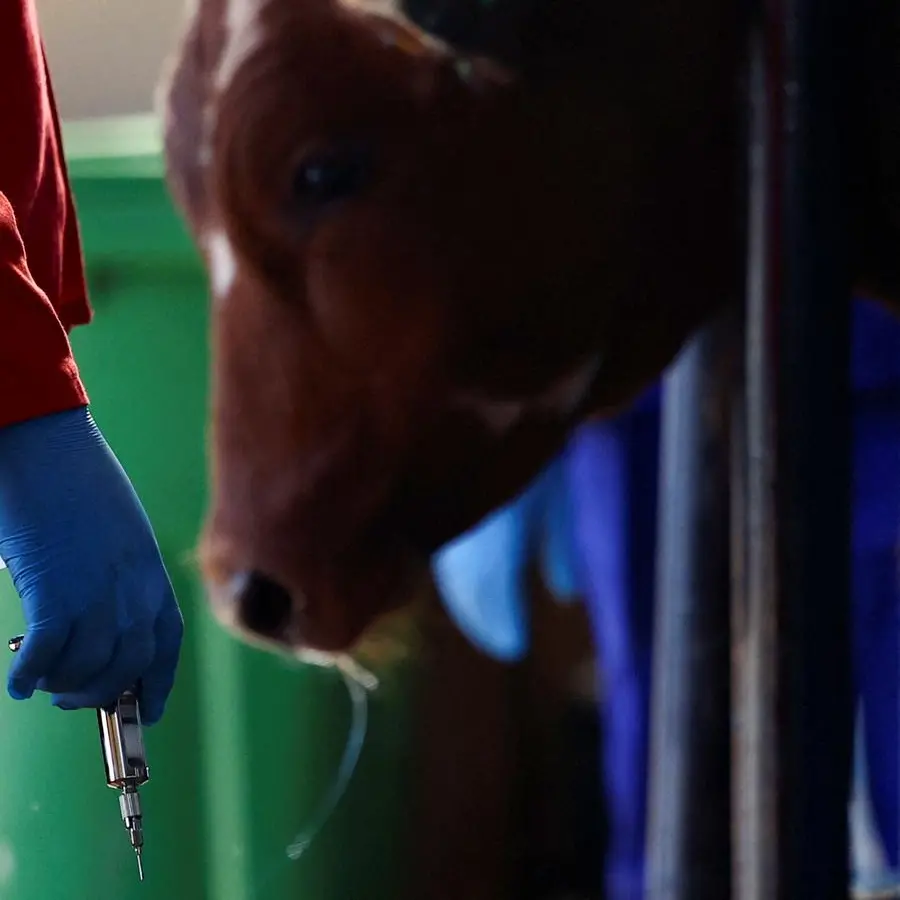PHOTO
South Africa has recorded its first significant fall in the number of people suffering from HIV but remains in the grip of a sexually transmitted epidemic, according to a survey released on Monday.
The country has been one of the worst hit in the global epidemic of the past four decades that has killed tens of millions of people.
The Human Sciences Research Council, a South African research agency, however said a survey found some 12.7 percent of the population of 62 million, about 7.8 million people, now have the human immunodeficiency virus (HIV) that leads to AIDS.
The number was down from 14 percent of the population when the last survey was carried out in 2017.
Khangelani Zuma, the council's executive director and lead researcher of the survey of about 76,000 people, said it was not possible to give a reason for the 107,000 fall in numbers.
But he noted that the coronavirus pandemic had been a major health crisis in the five years between the surveys.
Zuma also said it was clear that "people are living longer with HIV than in previous years."
South Africa has more individual HIV cases than any other country, accounting for about a third of the cases in Africa. More than 85,000 people annually have been dying from AIDS in recent years.
The growing use of anti-retroviral therapy (ART) medicines has radically changed prospects for AIDS/HIV sufferers.
HIV has particularly hit South Africa's black community with the densely populated KwaZulu Natal the worst hit of the country's nine provinces.
Zuma and other researchers expressed concern at the high numbers of women and young people still being infected with HIV.
"We know that older men are infecting younger women," said John Blandford, country director for the US President's Emergency Plan for AIDS Relief, which has spent more than $100 billion fighting the epidemic over the past 20 years.
They also highlighted the falling use in countries around the world of condoms, which are considered an effective tool in preventing the spread of AIDS.





















